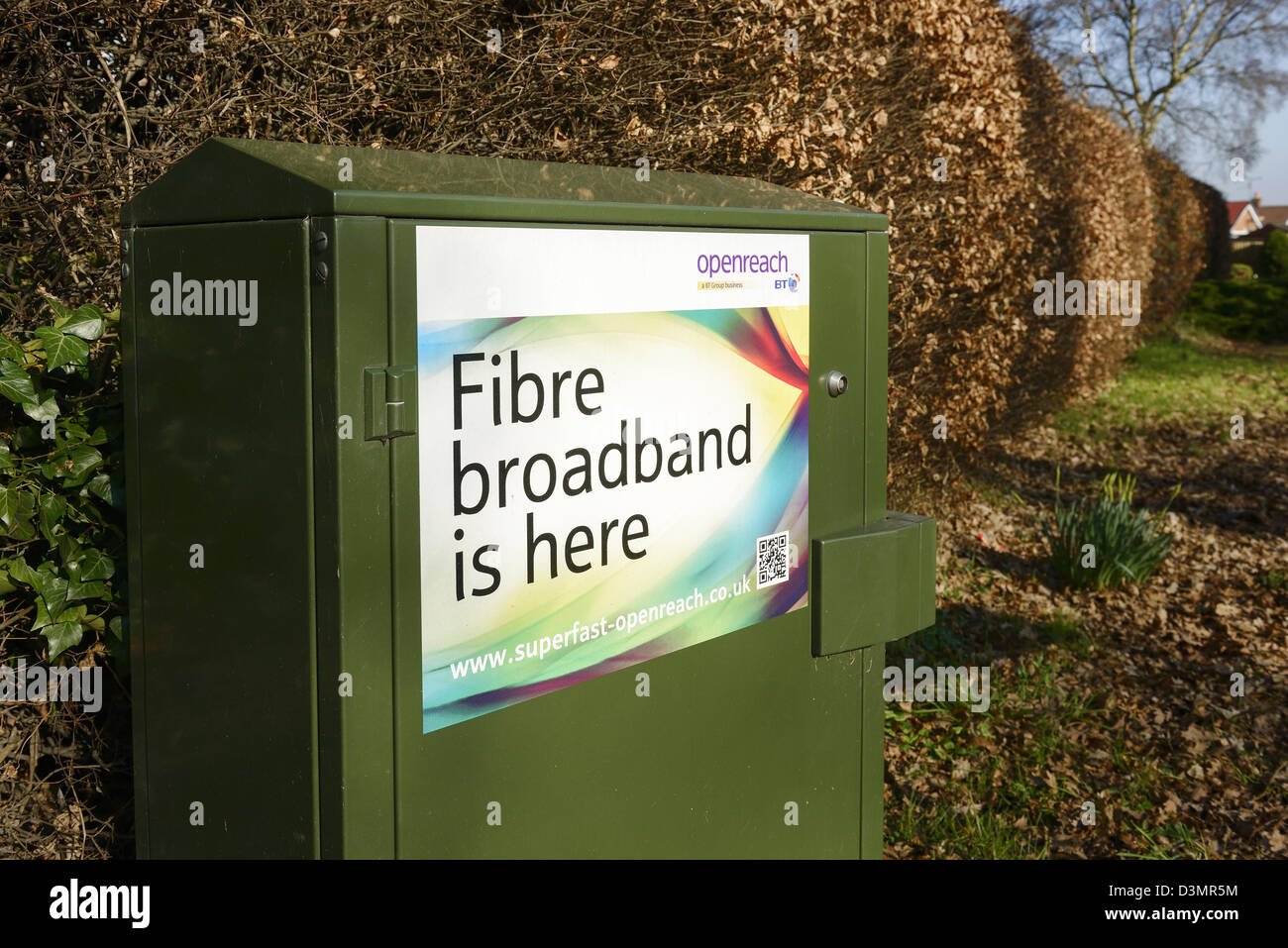BT’s CEO: Openreach Fiber Network is an “unstoppable machine” reaching 9.6M UK premises now; 25M by end of 2026
BT’s chief executive said its broadband network is now an “unstoppable machine” that will ultimately “end in tears” for many of its fiber optic competitors. “There is only going to be one national network,” Philip Jansen told the Financial Times. “Why do you need to have multiple providers?” BT said on Thursday that its networking division Openreach had laid fiber to 9.6M premises, with 29% of people in those areas opting to move over to its fiber optic connectivity offering.
BT has long provided the main wholesale network in Britain, giving access to TalkTalk and Sky among other OTT players. BT is ploughing billions of pounds into its network, extending its fiber offerings to 25M premises by end of 2026.
Competitors to Openreach, backed by billions in private capital, are racing to lay full fiber across the UK before the incumbent gets there. They include Virgin Media O2 and more than 100 alternative networks known as “altnets.”

Virgin Media O2 is seeking to upgrade its network to fiber by 2028 and has formed a joint venture between its owners, Spain’s Telefónica and Liberty Global, as well as infrastructure fund Infravia, to lay fiber to an additional 7M premises across the UK and offer wholesale access to other broadband providers. That’s in areas not already covered by the existing Virgin Media network. Industry insiders say network operators need to sign up about 40% of customers in any given location where they are building to make their business viable.
“Building is irrelevant — it’s how many people you’ve got on the network,” Jansen said. “No one else has got a machine anywhere near ours. It’s . . . unstoppable.” He said that the market would probably shake out to be just a “couple of big players” as well as a smattering of specialist providers for things like rural areas and multi-occupancy buildings — a process that would “end in tears” for many of the other operators. Jansen added that while BT had been spending large amounts of cash this year to fund its build efforts, once the construction phase ends he hopes the company will generate “a lot more cash” and could increase the dividend offered to shareholders.
“BT was on the back foot five years ago, we’re unquestionably on the front foot now,” he added. “Investors who own the company need a return.” BT maintained its full-year outlook on Thursday as it posted third-quarter revenue and earnings in line with analysts’ expectations. Revenue fell 3% in the third quarter compared with the same period in the previous year, to £5.2bn, which it attributed in part to lower sales in its global division and a loss of income from BT Sport following the completion of a joint venture with Warner Bros Discovery.
In November BT announced that it would increase its cost-savings target by £500mn to £3bn by 2025 as it sought to mitigate higher energy and inflation costs. As part of the cost-cutting drive, Jansen said there would be fewer people working at BT over the next five years, although he refused to be drawn on numbers. BT has already reduced its net headcount by 2,000 over the past two years, despite significant recruitment at Openreach. It has pushed ahead with inflation-linked price rises in 2023 for the majority of its consumer and wholesale customers in spite of cross-party calls for telecoms companies to reverse the decision during a cost of living crisis. “Right now the [capital expenditure] has to be paid for somehow,” Jansen said. “Hopefully inflation comes down and it won’t be so painful for everyone.”
References:
https://www.ft.com/content/031dcf72-dfaf-4e90-85d2-335ef703dbd1
Openreach on benefit of FTTP in UK; Full Fiber rollouts increasing
Super fast broadband boosts UK business; Calls to break up BT & sell Openreach


